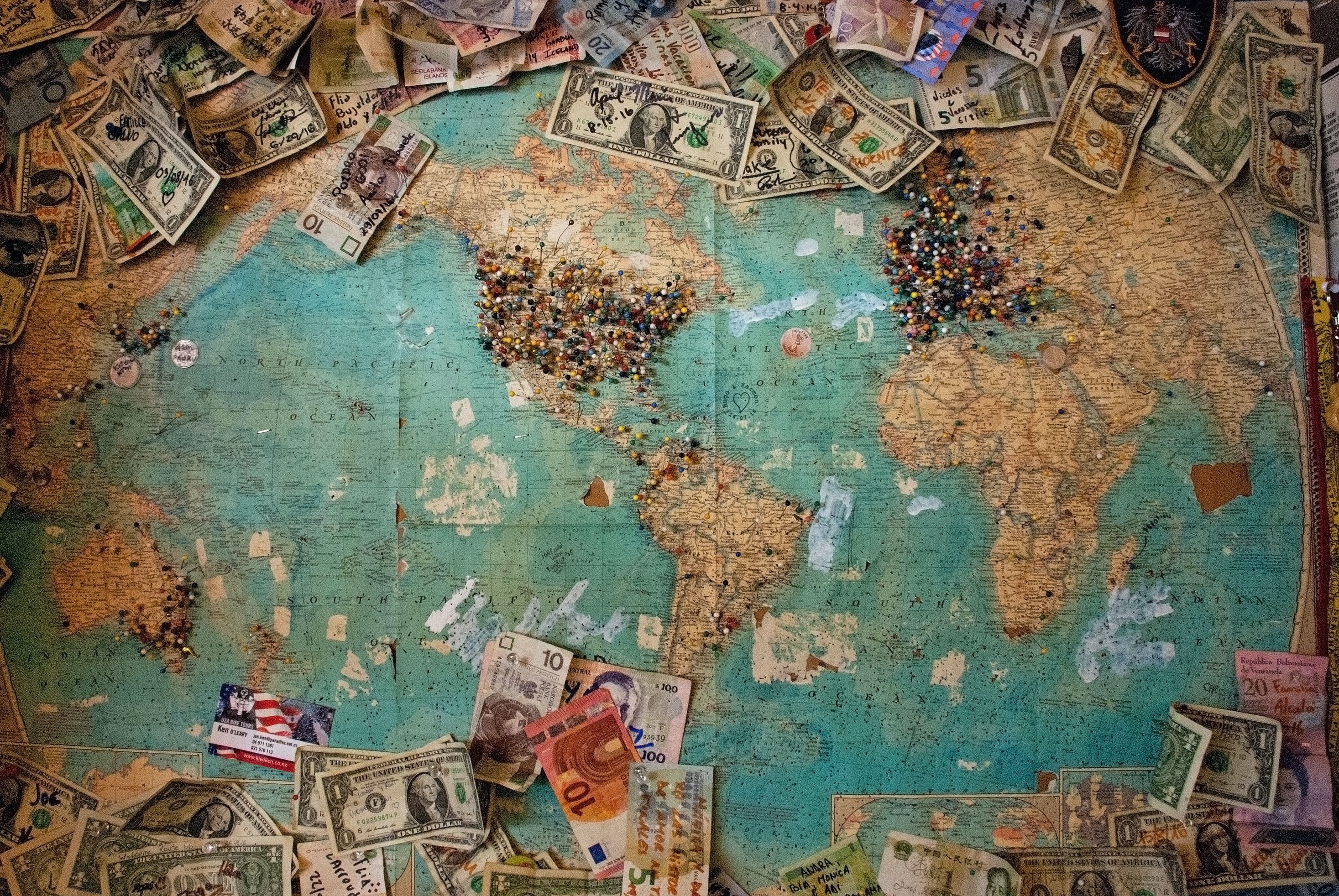This week, as the Afghan peace deal went into effect, which includes the potential removal of economic sanctions, many in the industry are wondering what this could mean for a country that has been largely shut out of the global financial system. With Sudan, there exists a potential case study that might predict what Afghanistan is in for.
Having felt the consequences of decades of economic and trade sanctions, Sudan had a reason to be optimistic when the United States lifted the majority of the sanctions in October 2017. Yet, over 2 years later, the majority of the Sudanese are experiencing a more economically dire situation. With inflation at over 60%, nearly twice as much as early 2017, Sudan’s inflation is among the world’s highest. Compounding the issue is devaluating nature of the Sudanese Pound (SDG), which was previously valued at fewer than 4 SDG to the dollar. This week, the pound hit a new record low at 117 SDG, and the currency is much less valuable on the black market, which has effectively replaced the formal banking system, and operates without oversight. According to the publication Foreign Policy, “one of the triggers of the pound’s devaluation was the rise in demand for foreign currency, as Sudanese companies and individuals began to travel abroad to drum up new business. That demand was not met with a proportional supply in terms of influx of investment”.
The issue is, according to many economists, Sudan’s continued presence on the U.S. State Department’s State Sponsors of Terrorism list, which is putting off many global banks and foreign investors, when in fact, there is no legal consequence. The designation is primarily meant to, in addition to arms control, pressure a jurisdiction into compliance by restricting the much-needed debt relief and financing from lenders like the World Bank and the IMF. Meanwhile, Sudanese officials are calling on Washington to do more to spread the word that there is no longer any risk to doing business with Sudan. For their part, prior to the removal of sanctions, U.S. officials organized meetings in London and New York with U.S. and European banks to encourage dealings with Sudan. While they outlined what specifically constituted a violation and that they are not trying to “play gotcha with international financial institutions” (according to the Sudan Tribune), the unique nature of British Arab Commercial Bank’s Sudanese sanctions violations and recent $228 million settlement (later reduced to $4M) has created more uncertainty.
While officials could do more in encouraging dealings with Sudan, the same is true for local parties in Sudan and international partners, including Sigma, whose mission is to highlight institutions, with effective compliance, in jurisdictions perceived as high-risk. In July of 2019, Bank of Khartoum (BOK), Sudan’s largest bank, was awarded a ‘BBB+’ rating with a Positive Outlook through Sigma Ratings’ certified review process, which places it in the 'Industry Leader' quartile of the evaluation model. During our work in Sudan, something as simple as withdrawing cash from an ATM machine, which we were unable to do, provided us with our first experience of being excluded from the global financial system. This week, VISA, recognizing the progress made and fostering financial inclusion, granted licenses to BOK, and two other local banks, which will finally connect Sudan with VISA’s global payments system.
Overcoming the final hurdle, removal from the State Sponsors of Terrorism list, appears to be close as Sudan’s transitional government recently reached a settlement with families of the victims of the 2000 attack on the USS Cole in Yemen, a key step to rejoining the international community and thereby easing the economic suffering of the Sudanese people.
With this week’s Afghan peace deal, the U.S.’s stated goal of “removing these sanctions by August 27, 2020” requires further clarification. While the Taliban may not technically be subject to sanctions, Sirajuddin Haqqani, who in 2016 was appointed as deputy leader of the Taliban, was designated in 2008 as a terrorist by the U.S. for his role as leader of the Haqqani network. The network, which itself was designated a Global Terrorist Organization in 2012, has been known to work closely with transnational criminal organizations like Dawood Ibrahim’s D-Company and the Altaf Khanani Money Laundering Organization. Given that these groups have been known to funnel billions of dollars through the global financial system, and for a diverse range of criminals from international terrorists to drug traffickers, the financial community will likely exercise extreme caution in order to manage exposure to activities with a nexus to illicit finance.


Last week, we reported on the newly released 2020 Basel AML Index and the importance of a more dynamic approach to country risk ratings, and risk in...

While KYC stands for “Know Your Customer” and is at the heart of AML efforts, for compliance teams it can be just as important to “Know Your Country”...
